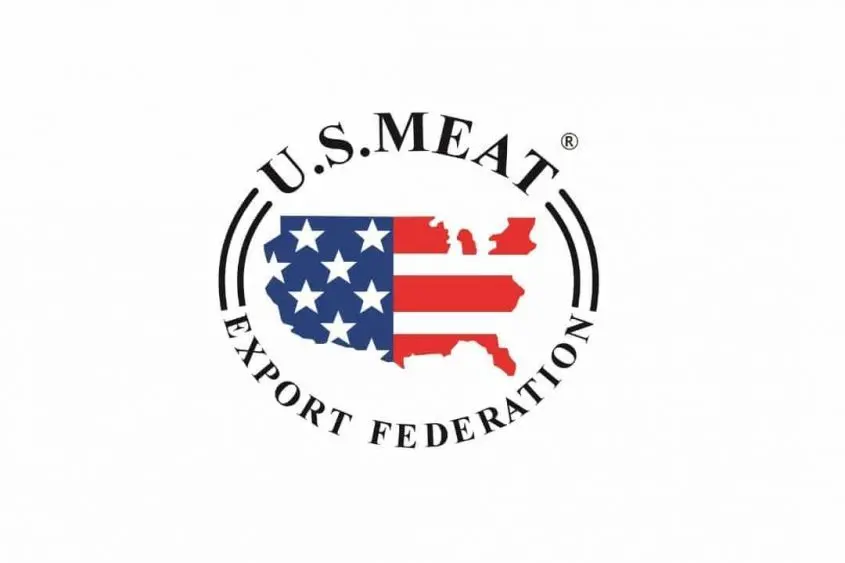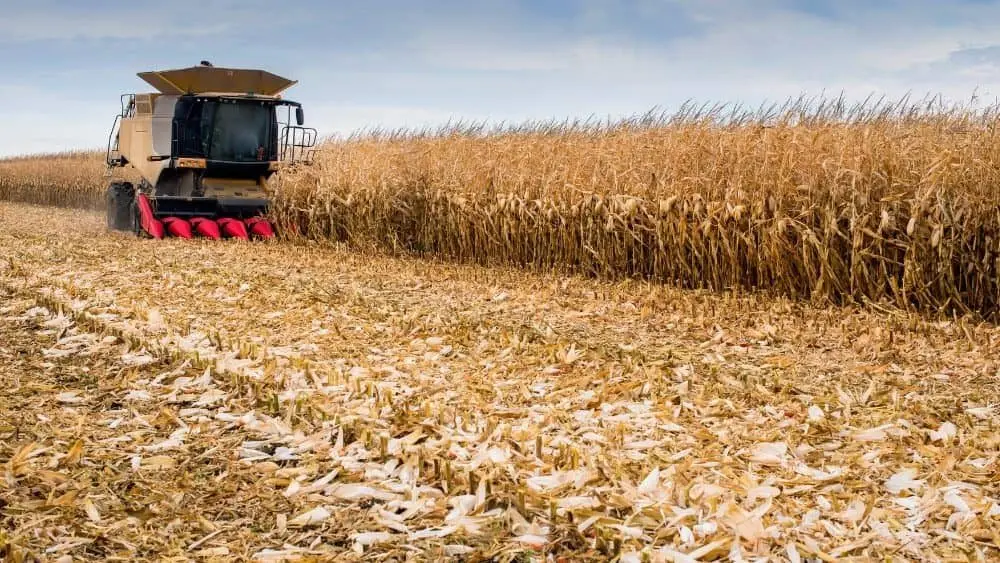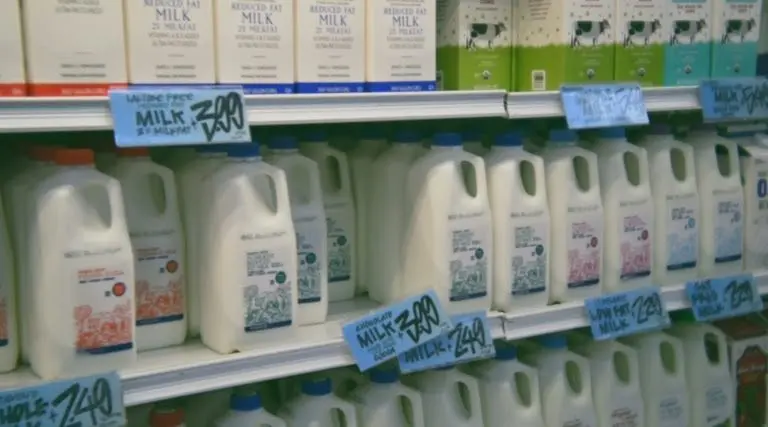
(WASHINGTON D.C.) — This week, farmer and rancher leaders from across the country testified before the U.S. Senate Agriculture, Nutrition, and Forestry Committee to share their “Perspectives from the Field” on the state of the ag economy and industry.
National Pork Producers Council (NPPC) President Lori Stevermer, a pork producer from Easton, Minn., highlighted the top pork industry issue – California Proposition 12, a state regulation posing an existential threat to all of U.S. agriculture.
“We must fix the problems caused by Prop. 12, which has increased farmers’ operating costs, created business uncertainty, and raised pork prices at the grocery store,” said Stevermer. “We stand with farmers and consumers across the country, grateful to have the support of both President Trump and former President Biden in clearly and decisively opposing Prop. 12.”
Developed without input from pork producers, veterinarians, or experts in animal welfare, Prop. 12 prohibits the sale of uncooked whole pork meat not produced under the law’s arbitrary and costly housing dimensions. Other pork industry priorities discussed include the prevention of the growing threat of foreign animal diseases, ongoing market access and trade issues, and employment challenges, including the need for year-round H-2A visas.
Stevermer emphasized the success and resiliency of the U.S. pork industry, which in 2023 marketed more than 149 million hogs valued at over $27 billion while supporting more than 573,000 U.S. jobs.
Nebraska cattle producer and National Cattlemen’s Beef Association (NCBA) President Buck Wehrbein shared an update on policy priorities for the American cattle industry.
“The cattle industry is seeing better market conditions, strong consumer demand for beef, and optimism for the future of our industry yet challenges still remain,” said Wehrbein. “Congress must always remember that food security is national security and the policy decisions they make will impact the hardworking cattlemen and women who produce our nation’s food. Passing a Farm Bill, axing the Death Tax, protecting beef in the Dietary Guidelines, rolling back excessive regulations, holding our trade partners accountable, combatting the New World screwworm, and protecting the Beef Checkoff are all tangible steps Congress can take to support American farmers and ranchers and protect our food security.”
In his testimony, Wehrbein urged Congress to pass a Farm Bill that supports animal health, voluntary conservation, and risk management tools. He also explained the importance of the Beef Checkoff program, which strengthens beef demand, educates consumers, and funds critical research. The Beef Checkoff has faced renewed attacks from radical animal rights activists and Wehrbein urged Congress to stand with real farmers and ranchers instead of activists.
Additionally, Wehrbein asked Congress to protect the cattle industry from the new threat of New World screwworm by investing in sterile fly production facilities that will help eradicate the screwworm. The U.S. has been free of New World screwworms for over 60 years, but the pest is currently in Mexico and could move north. Wehrbein also addressed the importance of passing legislation to lower taxes and eliminate the Death Tax, protecting beef in the Dietary Guidelines for Americans, supporting public lands ranching, and reducing overregulation on American cattle producers.
Vermont dairy farmer Harold Howrigan, a member of the NMPF Board of Directors, urged the Senate Agriculture Committee to swiftly advance a five-year farm bill that renews the Dairy Margin Coverage program. He also addressed other major dairy issues, including the need for effective H5N1 vaccines for dairy cattle.
Howrigan in his testimony focused on the dairy industry’s ongoing work with USDA and the Food and Drug Administration to safeguard dairy herds and farm employees from Highly Pathogenic Avian Influenza A H5N1, a.k.a bird flu. NMPF is pressing for swift advancement of effective H5N1 vaccines for dairy cattle as part of a risk-based vaccine deployment strategy that mitigates trading partner concerns.
“We appreciate USDA’s work to accelerate vaccine development and urge that a vaccine be made available as soon as possible,” Howrigan said.
Howrigan also touted the revamped dairy safety net authorized in the 2018 Farm Bill and strengthened by subsequent legislative and administrative actions. “The Dairy Margin Coverage program has served farmers well during difficult times. Since it was implemented six years ago, my farm has consistently purchased the maximum $9.50 coverage,” he said.
Howrigan also emphasized how important labor and trade issues are to dairy farmers and the cooperatives they own. He urged Congress to pass long-overdue immigration legislation that meets dairy’s unique labor needs and to work with the administration to seek new market access worldwide. “Failing to act risks damaging the vitality of our entire sector,” Howrigan said.
Finally, Howrigan urged the committee to pass the bipartisan Whole Milk for Healthy Kids Act, spearheaded by Sen. Roger Marshall, R-KS, and Sen. Peter Welch, D-VT. “Dairy is a nutrition powerhouse, but continues to be under consumed by most Americans,” he said.
Watch the full video here: https://www.agriculture.senate.gov/hearings/perspectives-from-the-field-farmer-and-rancher-views-on-the-agricultural-economy-part-2



